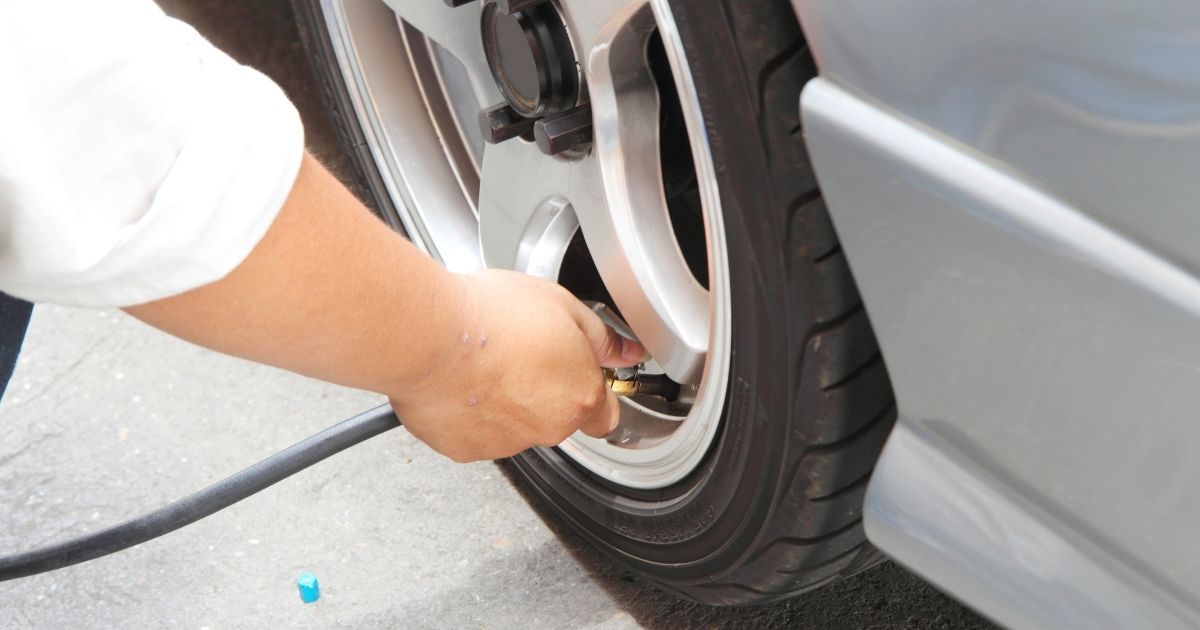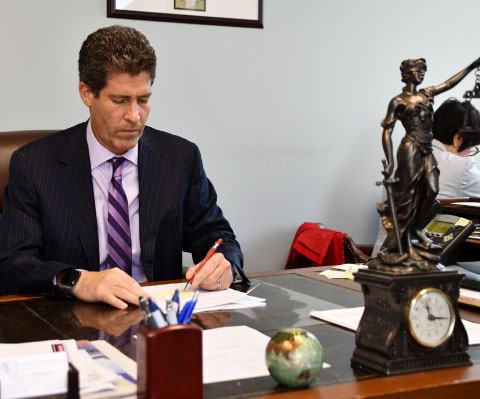Why Is Tire Health So Important?
July 1, 2022

While most people know that owning or leasing a vehicle entails regular maintenance, many neglect to take care of their tires. The National Highway Traffic Safety Administration reports that as many as 11,000 tire-related auto accidents happen yearly. Many of these car accidents are caused by people not checking their tire pressure, treads, or not rotating tires. Defective tires also cause some of these accidents.
How Should I Check My Tire Pressure?
Check your tire pressure once a month, and be sure to do it again before leaving for road trips. This can be done at home with a tire gauge or at a service station. Compare the numbers to what is shown in your vehicle owner’s manual or inside your driver’s side door jamb. Many vehicles have a tire pressure monitoring system (TPMS) that will alert you when the pressure is off.
Add or let out air to get the proper pressure. This is crucial for more traction, better stability, even wear, better gas consumption, and to decrease the possibility of a dangerous tire blowout.
How Should I Check My Tire Treads?
A TPMS checks tire pressure but cannot inform you about tire aging, tread wear, or mismatches. Worn tires lose their ability to grip the road, increasing braking time and the chances of hydroplaning. To determine that the tread is deep enough, use the penny test. Push a penny into a tread’s groove, keeping Lincoln’s head turned upside down. Can you see the top of his head? This means the tread is less than 3/32 inches, and the tires should be replaced.
Also, look carefully at the whole tire, noting any unusual tread patterns. The wheels might be out of alignment if the tread is worn on one edge. This also increases the chances of hydroplaning and can reduce the life of your tires. Regular tire rotations can help prevent this. If you see an uneven tread wear pattern, this could be a sign of tire inflation, problems with the suspension, or vehicle alignment issues.
How Should I Handle a Tire Blowout?
An unexpected tire blowout can cause a driver to lose control and get into an accident. Also, tire parts can shred and scatter, creating dangerous debris for you and other drivers. If this happens, do not slam on the brakes. Hold the wheel and downshift or decrease pressure on the gas pedal. Carefully steer to a stop in a safe location, braking gently, and then put on your hazard lights. If you are unable to change the tire, call for help. As a responsible driver, you should stay on top of your tire health otherwise you could be responsible for a resulting accident.
Not all tire blowouts are caused by lax maintenance, though. Tire manufacturers might be responsible if the tire is defective. Tire retailers might also be partly at fault if they knew of a flaw or defect.
Philadelphia Car Accident Lawyer at Nerenberg Law Associates, P.C. Can Help You After a Tire-Related Collision
A tire blowout accident can leave you with severe injuries, and someone else may be responsible for what happened. Contact our Philadelphia car accident lawyer at Nerenberg Law Associates, P.C. for help with your case. Call us at 215-569-9100 or complete our online form to schedule a free consultation. Located in Philadelphia, we serve clients throughout Pennsylvania and New Jersey.

